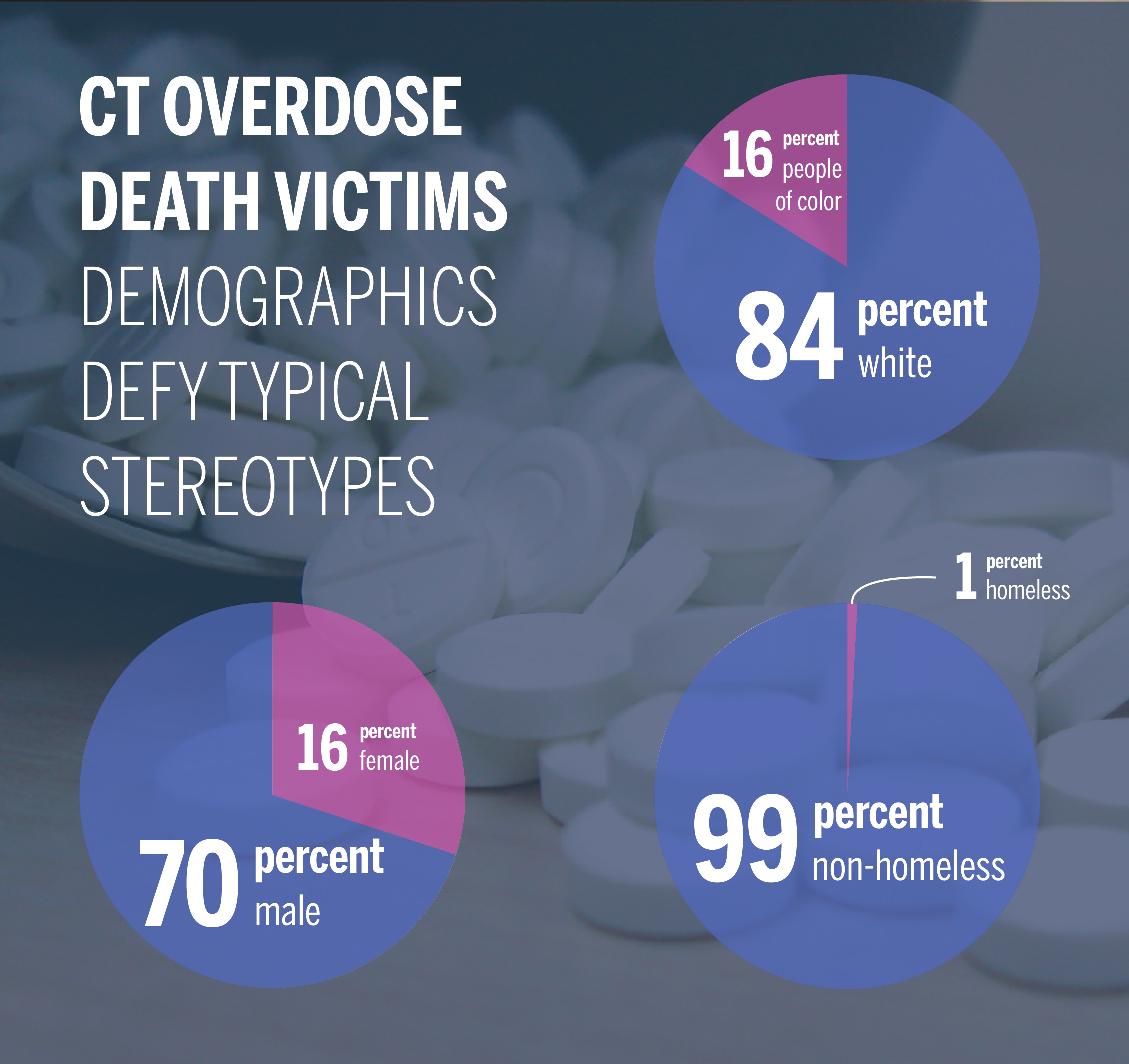
The country, state and city have all seen spikes in heroin use and overdoses in recent years. But over the last few weeks, emergency medical technicians say there seems to have been a lull in heroin-related emergency calls in New Haven.
When New Haven EMTs first began administering Narcan — an opioid antagonist — from fire engines last September, they regularly received between two and three calls a night on the weekends to address heroin overdoses. New Haven Fire Department Emergency Medical Services Director Ken Oliver said when the department began carrying Narcan on every fire truck, they used about 30 dosages by the end of September. NHFD Assistant Chief of Operations Matthew Marcarelli said since the department began using Narcan, the intervention has been very effective — the NHFD has saved approximately 50 lives with Narcan. But Oliver said that over the last couple weeks, some communities have been calling less often to report overdoses. Though he said he hopes the reason is because simply fewer people are overdosing, he added that it may in fact be tied to the efficacy of Narcan. Because some opioid users in the Elm City are now aware that EMTs in the city carry Narcan, they may be unwilling to use the drug within city limits, he said. Sometimes, even when people are barely breathing, they will say they are allergic to Narcan because they do not want to lose their high, he added.
“Sometimes … we get people who aren’t just citizens of New Haven. They come to New Haven to find a dealer and they’ll use in New Haven,” Oliver said. “Now we’re finding that people may be getting their drug and then going back to where they came from.”
Though statistics regarding heroin, other opioid usage and overdoses were not available from the New Haven Health Department, both Oliver and Colleen O’Connor, the special assistant to the health director, said they have observed an increase in the number of heroin and other opioid overdoses in New Haven in recent years.
New Haven has several initiatives to address these growing numbers, in addition to having Narcan on every fire truck. As well as a confidential syringe-exchange program where people can obtain clean needles, O’Connor said the city is working to increase education and awareness of the dangers of opioid overdoses from both heroin and prescription drugs. Through public events like Overdose Awareness Day during the summer and smaller training sessions at homeless shelters and other community centers, the city has given out Narcan widely to family members, partners or friends of heroin abusers and educated them on how to use it.
The Community Services Administration has also invested in training two mental health first aid trainers to educate community members about mental health and substance use symptoms and ways to manage mental health and substance use crises, Community Services Administrator Martha Okafor said in an email to the News. She added that this includes handling suicide attempts and heroin or other substance abuse crises until professional help is provided. Training will begin in February.
The New Haven Police Department does not carry Narcan because they do not perform any medical services. NHPD spokesman David Hartman explained that law enforcement does not deal with heroin any differently than any other drug. Hartman explained that while the department uses sting operations, cooperating witnesses and community policing to stop drug sales, drug abuse is also a public health issue beyond the scope of law enforcement.
“It’s a growing problem. It’s not going away anytime fast. Heroin as opposed to some other drugs … is so instantly addictive,” Hartman said. “It’s not something that we’re going to be able to arrest our way out of.”
Yale pharmacology professor Robert Heimer GRD ’88 agreed that increased law enforcement involvement is not likely to solve drug abuse problems. In fact, Heimer said, the odds of dying from an overdose after release from jail are eight to 10 times higher than at any other time in a person’s life. Because of this, Project Fresh Start, the city’s prison re-entry program, also focuses on the proper treatment of formerly incarcerated citizens.
Project Fresh Start program administrator Clifton Graves explained that because over 70 percent of men and women who are incarcerated have some sort of mental health, substance abuse or physical health issue when they come out of prison, many are referred to New Haven’s Transitions Clinic. The clinic helps recently released prisoners access confidential medical treatment and provides referrals to employment, legal and housing resources.
The Transitions Clinic is located at the Yale-New Haven Hospital Primary Care Center.







